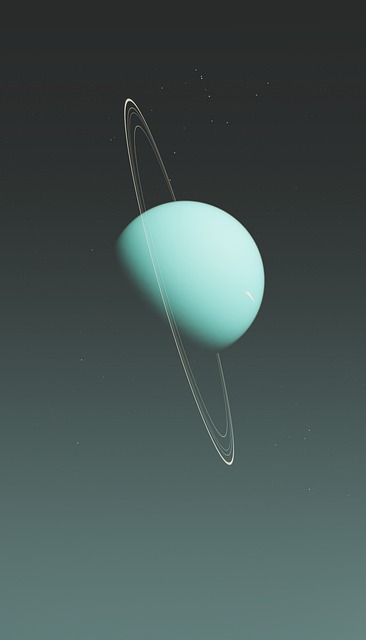By Tim Lambert
His Early Life
William Herschel was one of the great astronomers of the 18th century. He was born Friedrich Wilhelm in Hanover, Germany on 15 November 1738. He was one of 10 children, of whom 6 survived. His father was a musician and Herschel followed in his footsteps. When he was 14 he became a musician in a military band.
However, in 1757 William Herschel moved to England. At first, Herschel lived in London but later he lived in the north of England. He became a music teacher and an organist. Herschel was also a composer. In 1766 he became an organist in Bath.
When he was about 35 William Herschel became interested in astronomy. He made his powerful telescopes to observe the heavens. In 1772 his sister Caroline Herschel came to England and lived with him. (Caroline Herschel was an important astronomer in her own right. She studied the heavens herself but she also assisted her brother).
The Great Astronomer
Then in 1781, Herschel discovered the planet Uranus. Since ancient times only 6 planets had been known, Mercury, Venus, Earth, Mars, Jupiter, and Saturn. The discovery of a previously unknown planet was a landmark and it made Herschel famous. Herschel wanted to name the new planet Georgium Sidus after George III but instead, it was given the name Uranus. (Uranus was an ancient Greek god of the sky).
In 1781 Herschel became a member of the Royal Society. Then in 1782, he became the royal astronomer to George III. Herschel was given a salary of 200 pounds a year (not a large sum of money even in those days). William Herschel moved to Windsor.
In 1783 Herschel discovered that our solar system is moving through space. Meanwhile, in 1787 Hershel discovered two of the moons of Uranus, Titania, and Oberon. (Uranus has a total of 27 moons). In 1788 Herschel discovered that Mars has a very thin atmosphere. Then in 1789, Herschel discovered two of the moons of Saturn, Mimas, and Enceladus. In 1801 Herschel discovered infrared light. In 1800, Giuseppe Piazzi discovered the first asteroid. However, William Herschel invented the name asteroid to describe the new body in 1802.
Meanwhile, Herschel married a widow named Mary Pitt in 1786. The couple had one son, John Herschel who was born on 7 March 1792. The couple lived in Slough. Herschel continued to study the heavens. William Herschel died on 25 August 1822 in Slough. He was 83. Herschel was buried in the Church of St Laurence in the village of Upton in Berkshire.

The Planet Uranus
After his death, his son John Herschel (1792-1871) became a noted astronomer. In 1935 a crater on the Moon was named Herschel in his honor. Then in 1986 Voyager 2 became the first spacecraft to reach Uranus the planet discovered by Herschel.
There is a crater on the Moon named after Herschel.